
Concerns about violating international commitments
The Ministry of Finance has recently submitted a proposal to the Government not to reduce registration fees for domestically produced and assembled cars. According to the Ministry of Finance, in addition to the impact on the budget balance of many localities, the above policy, if applied, would also cause Vietnam to violate international commitments.
The Ministry of Finance pointed out that in previous reductions of registration fees, countries have reported that Vietnam has treated domestically produced and imported cars unfairly, violating basic principles of the WTO. In fact, Vietnam has recently received many requests to explain its policies.
At the second WTO trade policy review of Vietnam in April 2021, the WTO Secretariat requested Vietnam to provide information on the above policy. Subsequently, at the meeting of the Committee on Trade in Goods in November 2023 and the meeting of the Ministerial Trade Committee in December 2023 with the EU, the EU also expressed concern about Vietnam's third reduction of 50% of the registration fee for domestically produced cars. The EU assessed this as a violation of the commitment of the Vietnam - EU Free Trade Agreement (EVFTA) on discrimination and negative impacts on bilateral trade.
Vietnam has explained that this is a temporary measure during the difficult period after COVID-19. However, the Ministry of Finance emphasized that if the registration fee is further reduced, "it can be affirmed that Vietnam violates the commitments on goods that the Government has made in the process of international economic integration."
Not only the Ministry of Finance, three other ministries, the Ministry of Planning and Investment, the Ministry of Justice, and the Ministry of Industry and Trade, have also expressed concerns about violations of international commitments.
Agreeing with the above concerns, economic expert, Associate Professor, Dr. Dinh Trong Thinh affirmed that the issue of violating international commitments needs to be carefully considered. According to him, international commitments require fairness and equality between participating parties and the Vietnamese Government has committed to ensuring business conditions for both domestically assembled and imported vehicles.
Vietnam's explanation is difficult because it is not the time of the epidemic like a few years ago. The decline in market demand or the reduction in people's income is a problem that each country must overcome by itself with many solutions, instead of applying policies that have a general impact on the international community.
Once a dispute arises, he also warned of the possibility of trade conflicts. “Vietnam could even be sued in dispute resolution mechanisms of international organizations. This would create a bad precedent in our country’s international relations,” Associate Professor Dr. Dinh Trong Thinh said.
Adverse effects on the market
Looking deeper into the market aspect, economist Dinh The Hien questioned whether reducing fees to stimulate demand really stimulates consumption. “We have to carefully study whether customers’ choices come from price or from consumer behavior. That is, if we only reduce prices, it is not actually a way to stimulate demand, and may even have the opposite effect,” he warned.
The adverse effect here, he explained, is the skepticism of consumers themselves about product quality because they may think that “the product is not good, so the fee needs to be reduced”. From there, he mentioned the story of agricultural product rescue, which is considered a lesson for many industries and fields, to compare it to the “automobile rescue” policy that is being put forward.
In particular, in the long term, the economist raised concerns about the conflict between two sides, one side is to stimulate demand for gasoline vehicles and the other side is Vietnam's efforts to reduce net emissions to zero. He assessed that the current policy of reducing registration fees is only "local" and has absolutely no overall benefit.
“That’s our problem. We want to support the market, but sometimes we only focus on short-term problems and not on the long-term vision,” he said.
Source: https://laodong.vn/kinh-doanh/lo-xung-dot-thuong-mai-neu-tiep-tuc-giam-phi-truoc-ba-1368627.ldo




![[Photo] Ministry of Defense sees off relief forces to the airport to Myanmar for mission](https://vstatic.vietnam.vn/vietnam/resource/IMAGE/2025/3/30/245629fab9d644fd909ecd67f1749123)

![[Photo] 2nd Conference of the Party Executive Committee of Central Party Agencies](https://vstatic.vietnam.vn/vietnam/resource/IMAGE/2025/3/31/8f85b88962b34701ac511682b09b1e0d)
![[Photo] Prime Minister Pham Minh Chinh receives delegation of leaders of US universities](https://vstatic.vietnam.vn/vietnam/resource/IMAGE/2025/3/31/8be7f6be90624512b385fd1690124eaa)
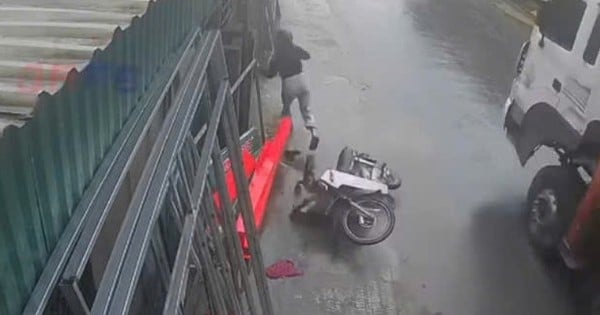

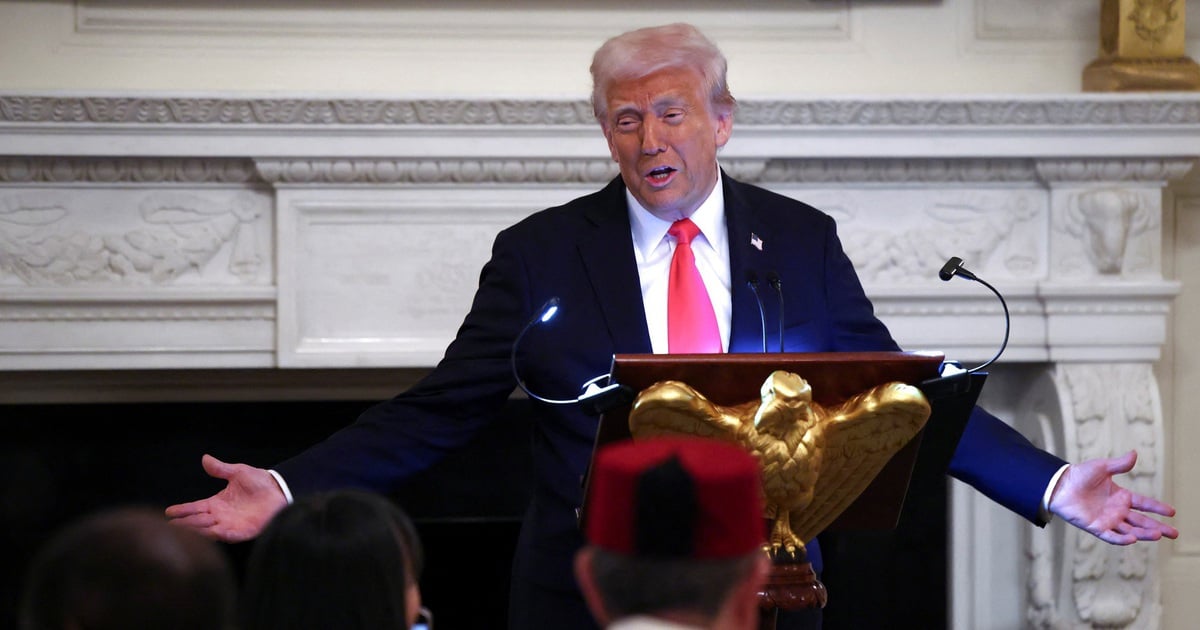

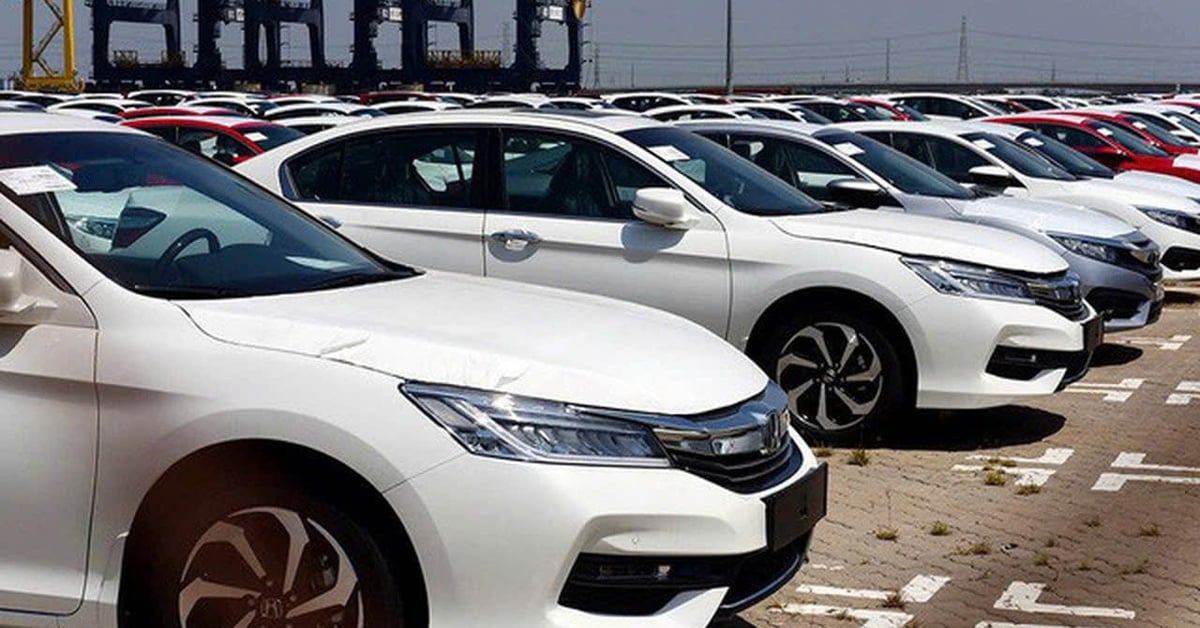

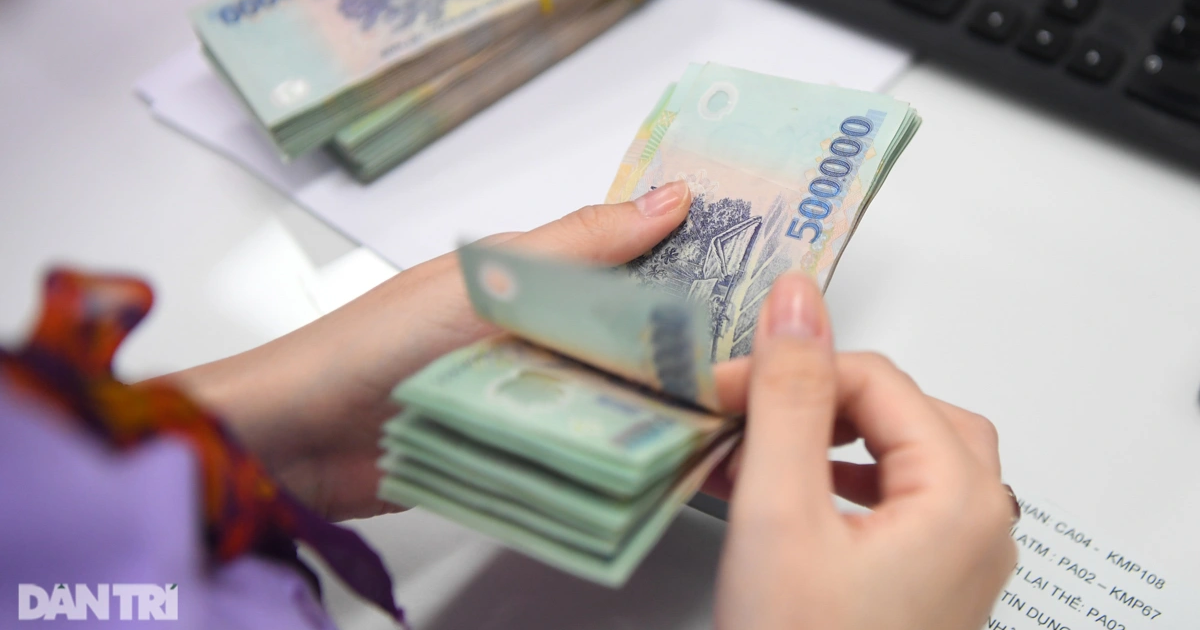

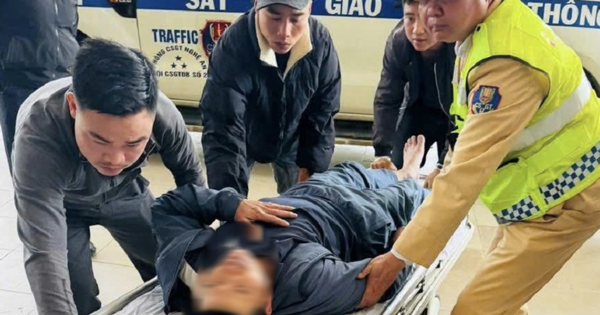
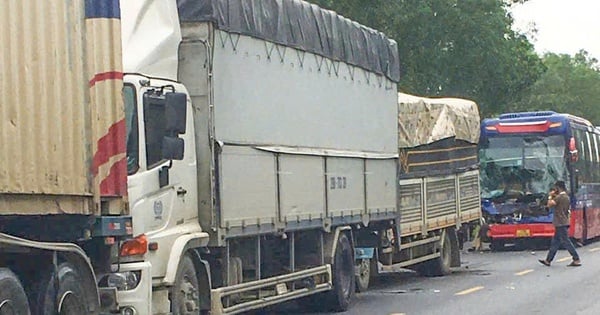

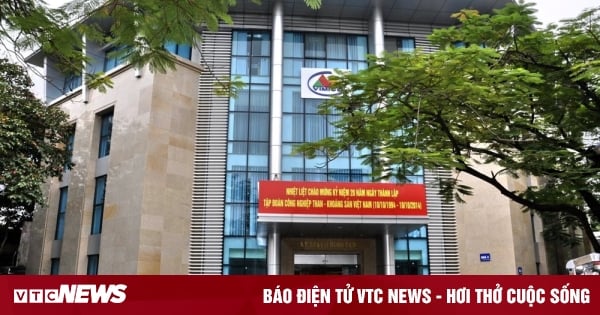

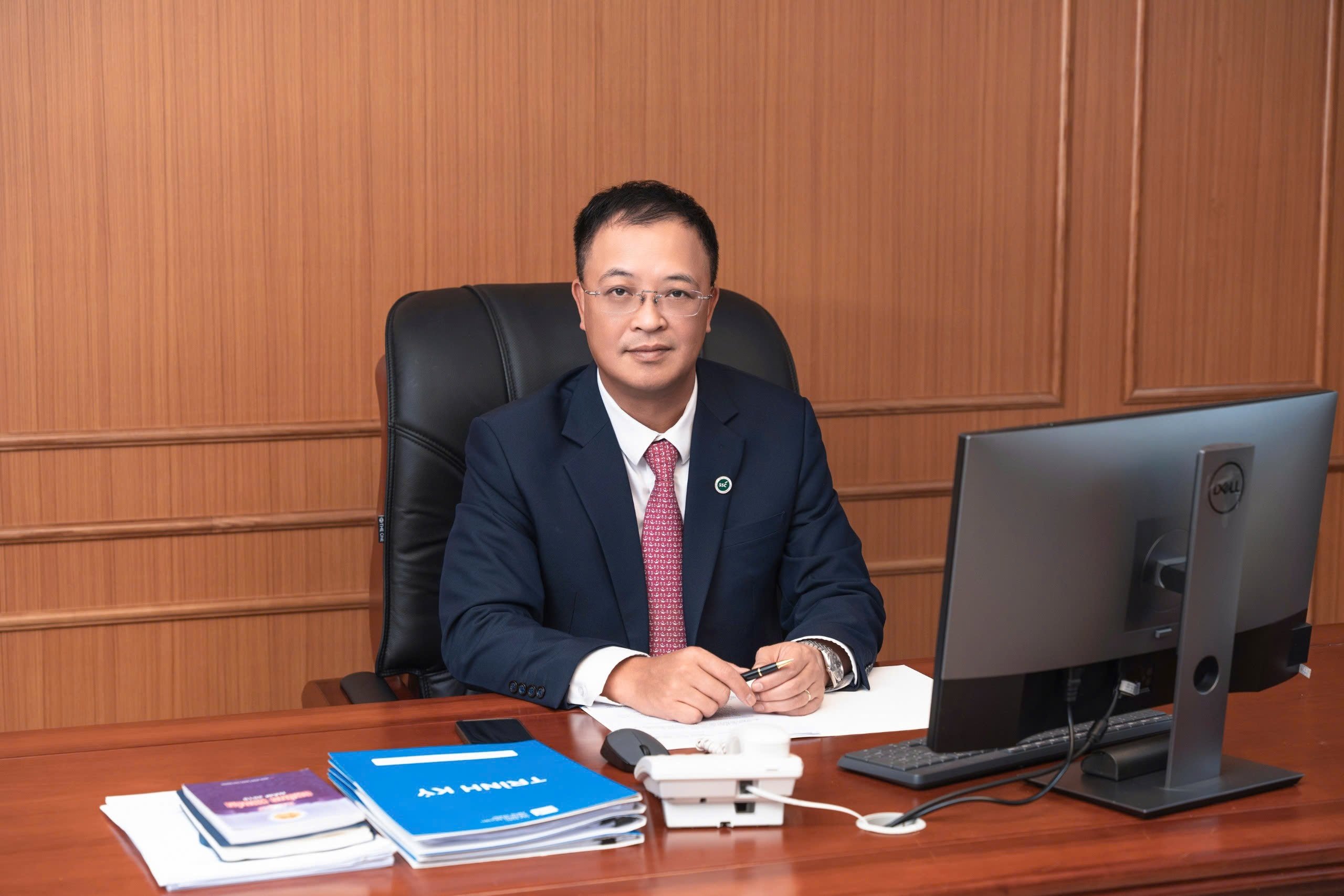









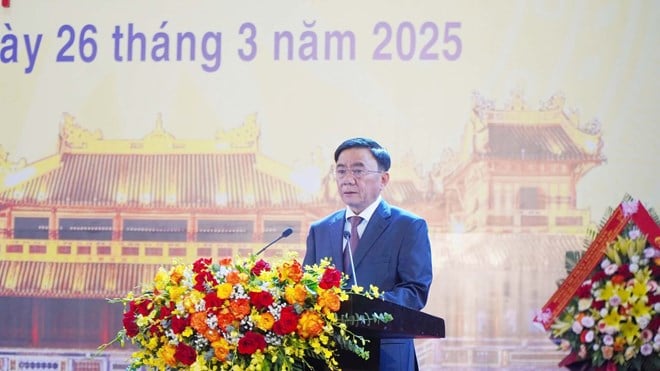
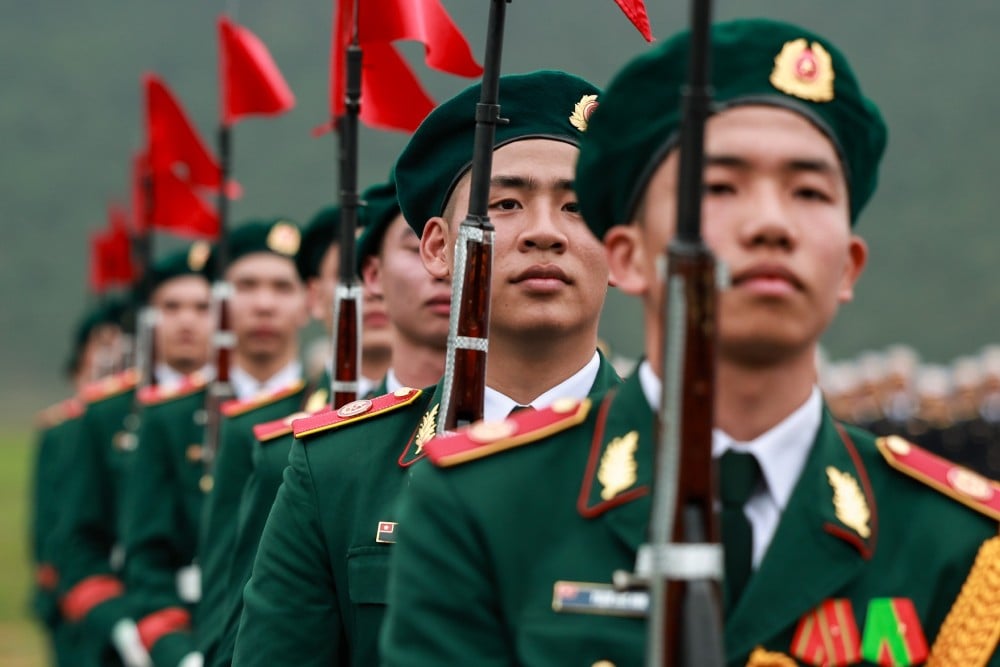



































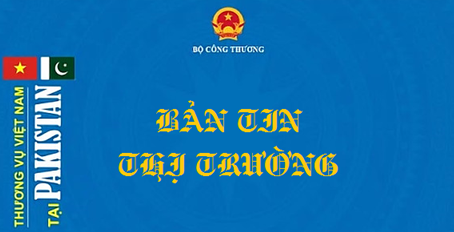

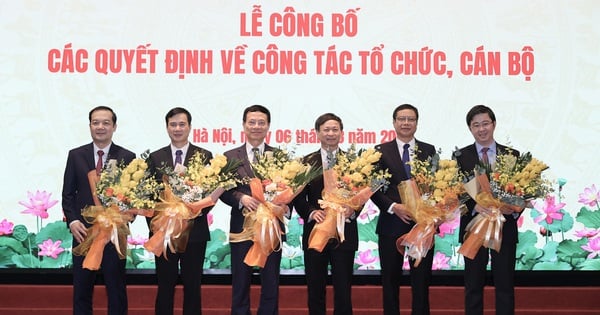


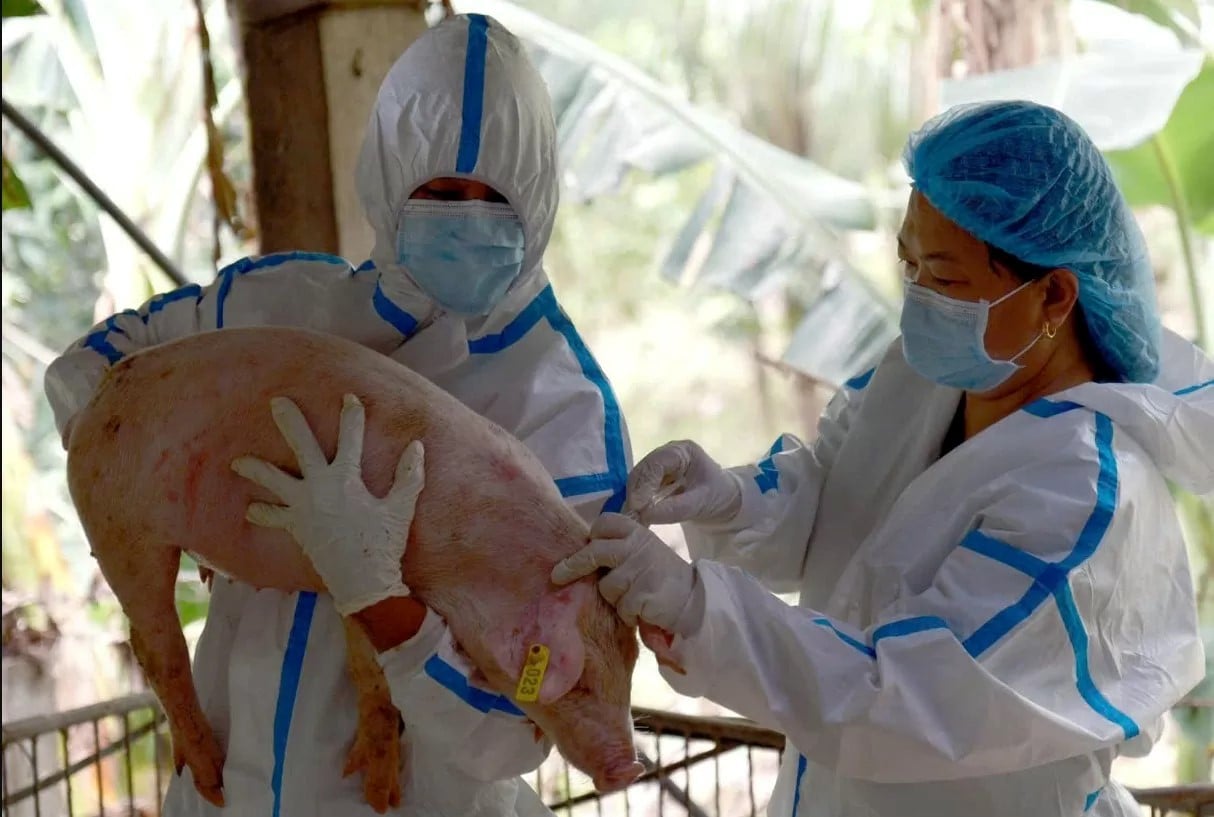





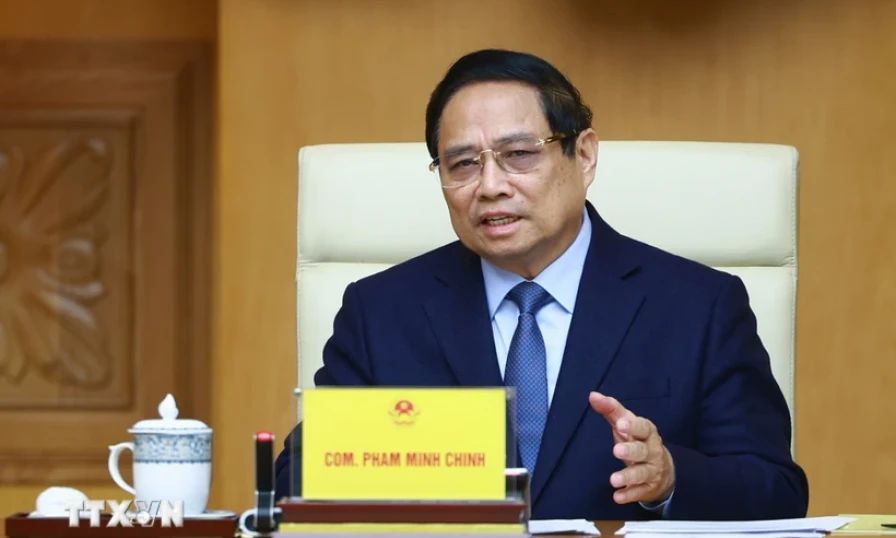



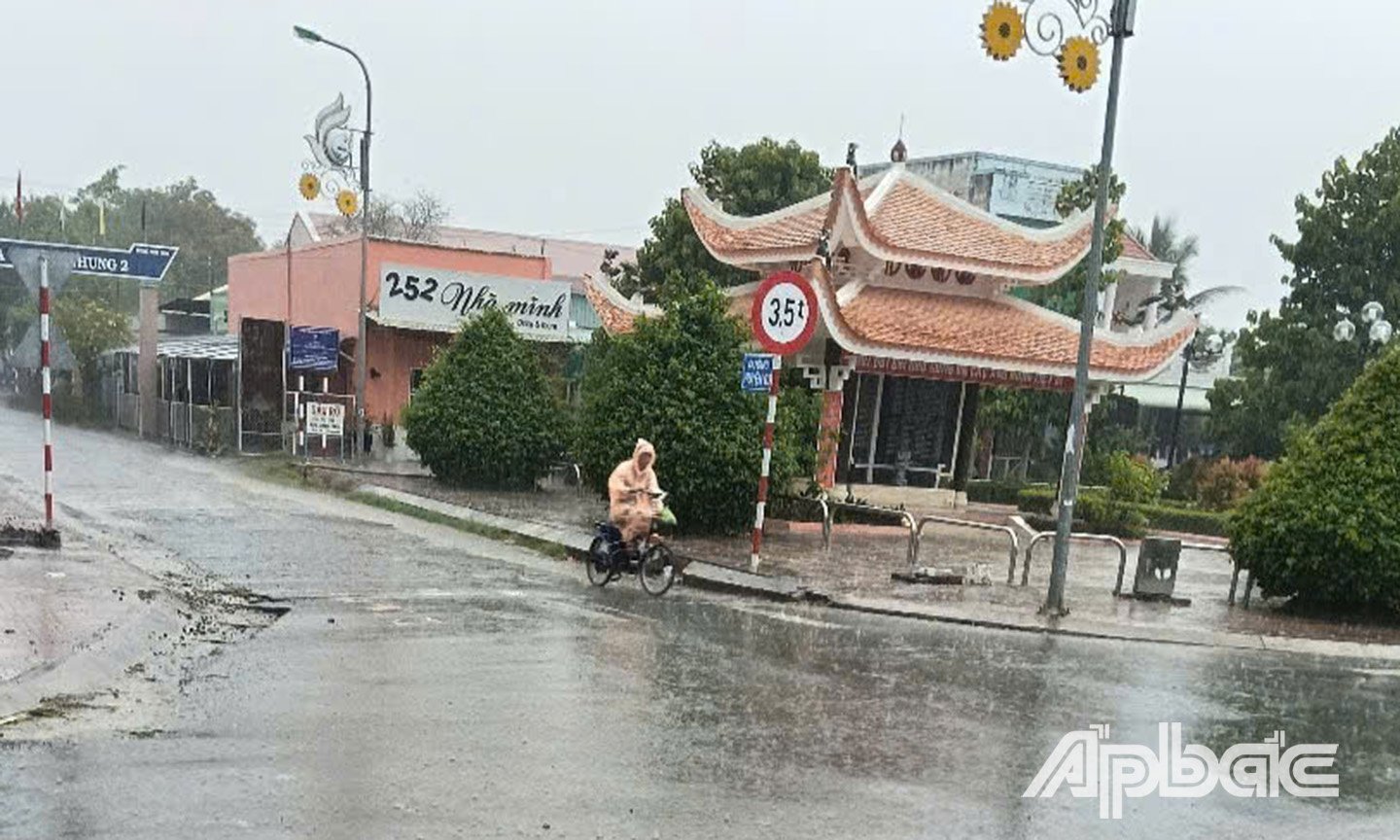
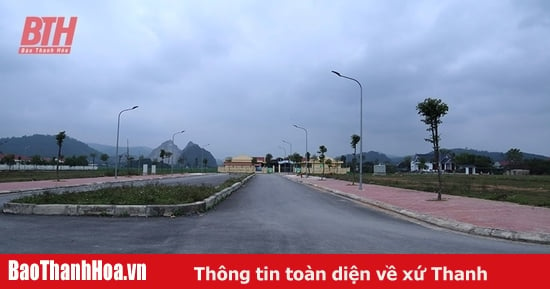

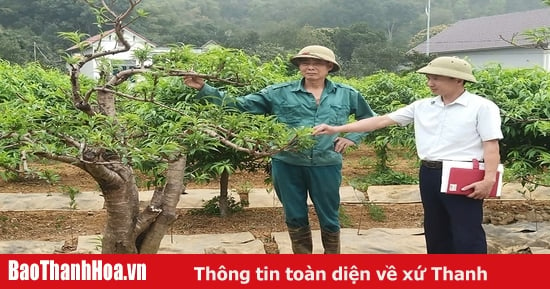









![[REVIEW OCOP] An Lanh Huong Vet Yen Cat](https://vstatic.vietnam.vn/vietnam/resource/IMAGE/2025/3/27/c25032328e9a47be9991d5be7c0cad8c)
Comment (0)